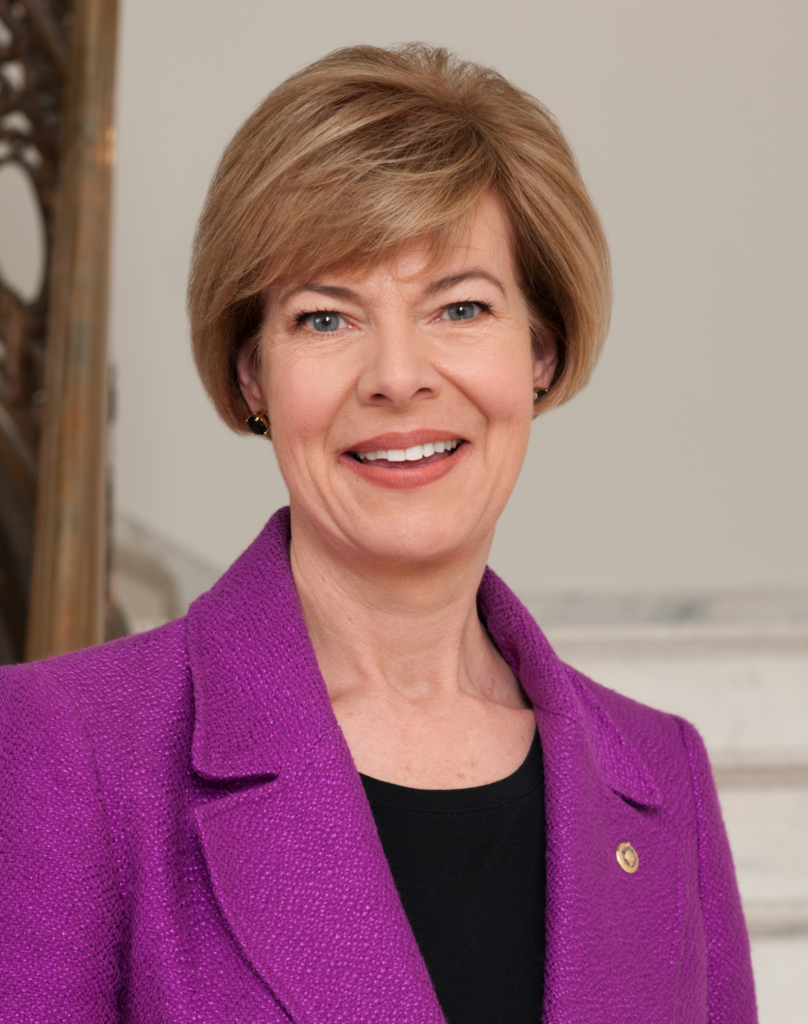The U.S. Congress reintroduced a bill on Oct. 19 that could allow eligible students to attend community college for free.
“For too many students, the cost of a two-year degree is holding them back, hamstringing businesses that need skilled workers and preventing them from providing for their families,” said U.S. Senator Tammy Baldwin (D-WI) in the bill’s press release.
According to the press release, The America’s College Promise Act of 2023 aims to make getting the skills and credentials necessary to succeed in the economy more accessible to all students.
“America’s College Promise will break down those barriers for students who want to pursue a technical education, training tomorrow’s workforce without saddling young people with debt that prevents them from buying a house, starting a family and contributing to our economy,” Baldwin said.
The Democrat-sponsored bill strives to create a partnership between the states and federal government to waive tuition and fees for eligible students for two years of community and technical college programs.
Students would be required to attend an eligible institution more than half-time and qualify for in-state tuition to have their tuition waived. This would help deter and decrease the cases of student financial aid fraud that have arisen over the past few years.
The bill showcases what it wants to accomplish, stating it “establishes a student success fund to improve the enrollment, retention, transfer or completion rates for underserved student populations, including students of color and low-income and first generation college students who attend community colleges at disproportionate rates.”
Kenneth Yrreverre, a first-generation college student majoring in kinesiology and hoping to transfer, said the bill would save students money.
“It costs me around $1,000 per semester because of my four-unit and five-unit classes. So if I had this prior, I would’ve been able to save that money and put it into CSU East Bay,” Yrreverre stated.
Liam Stone, an alumni majoring in public policy, believes the bill would have helped him figure out his path through community college without the financial stress.
“If I had this earlier in my college days, I would have experimented more. I rushed myself ahead because I knew the longer I stayed the more I needed to pay back,” Stone said. “This led me to invest in a major I had no care for and got me stuck at UC Riverside with thousands of dollars in debt. This bill would have made me more calm and certain about what I wanted to do instead of going with the flow.”
Although higher education and research institutions have backed the bill, it remains unlikely to move forward in a divided Congress as no Republicans have decided to co-sponsor the bill.



